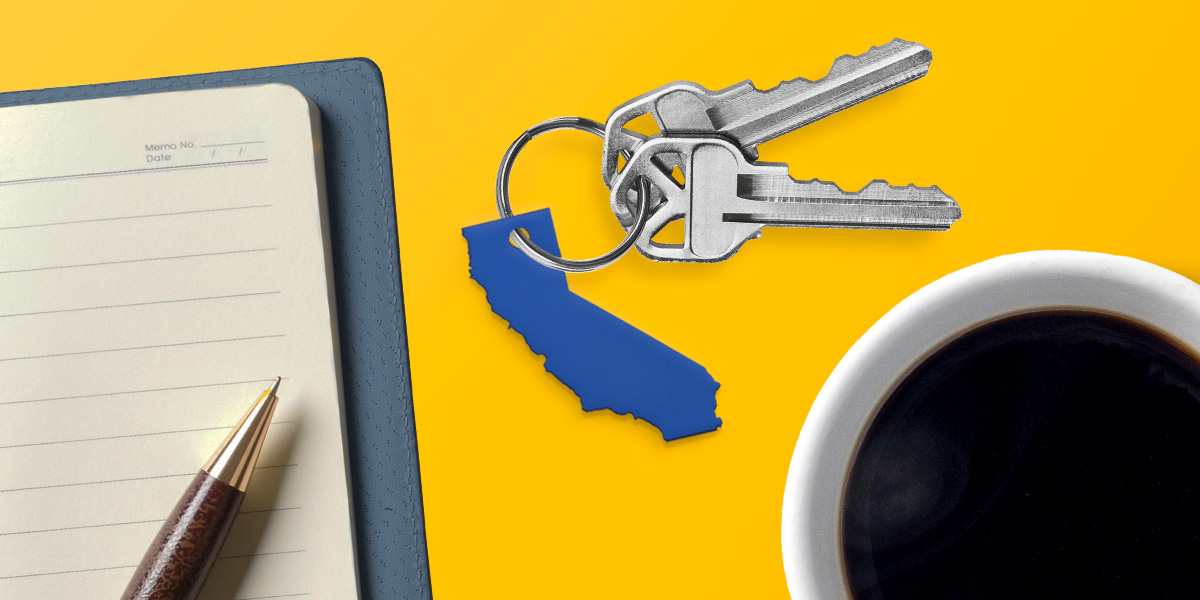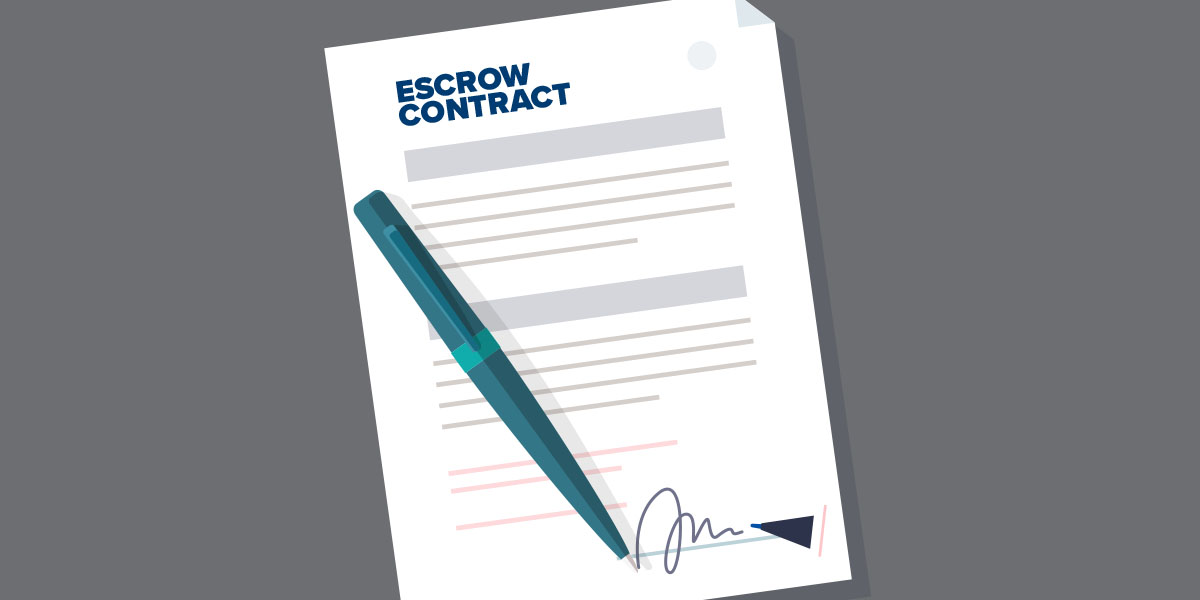-
Personal Banking -
Insights
Refinance vs Home Equity Loan: What Is Right for You?
Whether you are planning a major home renovation, paying for college tuition or covering other large expenses, the equity in your home can be a critical financial resource. For many homeowners, decades of rising property values combined with consistent mortgage payments have built substantial equity.
There are three primary ways to access these funds. You can opt for a home equity loan, which provides a one-time lump sum as a second mortgage. Another choice is a home equity line of credit (HELOC), which works like a revolving credit line that you can draw from as needed. A third option is a cash-out refinance, which replaces your current mortgage with a new, larger loan, giving you the difference in cash.
Choosing the right option depends on your financial goals, the amount you need, and how you plan to repay it. This article will break down the differences to help you decide.
Understanding Home Equity Loans
Home equity loans and HELOCs offer two options to borrow from your home equity with a second loan rather than replace your first mortgage. Lenders might allow you to borrow up to a certain percentage of your home's value, including both a first and second mortgage.
For example, if your home value is $500,000, a lender might allow you to borrow 80% of its value, or $400,000 total. However, lenders sometimes have different guidelines and will review each borrower individually based on their credit history and other factors.
What's the Difference between a HELOC & a Home Equity Loan?
A home equity loan provides a one-time lump sum payment which is repaid over a 20- to 30-year period, usually at a fixed rate.
On the other hand, HELOCs provide a line of credit that can be used incrementally. Typically, HELOC loan terms include a draw period of 10 to 15 years during which you can borrow funds, followed by a repayment period of 20 years.
As you make payments on the balance, you can borrow money again from your HELOC up to the maximum credit limit. Most home equity loans have a fixed interest rate, while HELOCs usually have variable rates. HELOCs typically have lower initial fees compared to home equity loans.
You can use either type of loan for various needs such as tuition, home improvements or to consolidate debt. Generally, a home equity loan with a lump sum distribution may be the better option for a one-time bill or debt consolidation, while a HELOC works well for ongoing payments such as multiple home improvement projects or incremental tuition payments. However, what option is best for you depends on your unique financial situation and goals.
Breaking Down Mortgage Refinancing
If you have always had the same mortgage, you may wonder how does refinancing a mortgage work? When you refinance a mortgage, you are replacing one mortgage with a new mortgage based on your current loan balance (not the original amount you borrowed), with new loan terms including a new mortgage interest rate and a new repayment period. If you have a 30-year mortgage, you might be able to refinance into a new 30-year loan or opt for a 15- or 20-year loan to shorten your repayment period.
But this is where a cash-out refinance might come into your financial picture.
If your goal is to access the home equity you’ve built up over time, you may want to consider cash-out refinancing. A cash-out refinance is similar to a traditional refinance, but you will increase your loan balance and take a lump sum distribution of your home equity.
For example, if you owe $300,000 and your home value is $500,000, you may be able to refinance into a new loan of $400,000 and keep $100,000 to pay for home improvements or other needs.
Typically, homeowners decide when to refinance a mortgage based on interest rates, their current loan term, their loan balance and financial goals. If your existing mortgage has a very low interest rate and today’s mortgage rates are higher, you may not want to transfer your entire balance to a new loan with higher monthly payments.
However, interest rates are usually lower for mortgage refinances compared to a HELOC or home equity loan. On the other hand, closing costs are generally higher on a refinance than a home equity loan or HELOC.
The Key Differences Between Home Equity Loans & Refinancing
There are variables between home equity loans, HELOCs and cash-out refinancing to consider before you choose which to way to access your home equity.
Keep in mind that the terms below can vary by lender and their requirements.
| HELOC | Home Equity Loan | Cash-out Refinancing | |
| Distribution of funds | Revolving line of credit | Lump sum | Lump sum and new mortgage |
| Repayment terms | Draw of 10-15 years followed by 20 years repayment | 5 to 30 years | 15 to 30 years |
| Rate | Variable | Fixed, often about 2% higher than mortgage rates | Fixed or variable, similar to purchase mortgage rates |
| Costs | Low lender-charged fees | 1% to 5% of loan amount | 2% to 6% of loan amount |
| Type of loan | Second loan | Second loan | First loan |
Refinancing vs Home Equity Loan: How to Determine Which is Right for You
Numerous factors can be considered to help you evaluate the best option for you between a HELOC, a home equity loan and cash-out refinancing, such as:
Compare current mortgage rates with the interest rate on your existing loan. If your rate is lower than current mortgage rates, you may not want to refinance your larger balance into a new loan. But if you can lower your mortgage rate with a refinance, that could be a smart move.
Determine how much you can borrow. In some cases, lenders are willing to lend as much as 85% of your home value with a HELOC or home equity loan, while cash-out refinances are often limited to 80%.
Decide if the costs to refinance are worth it. Don’t forget to factor in the closing costs for a refinance. If you’re borrowing $400,000, that could incur costs of as much as $8,000 to $24,000. You’ll need to calculate when you will begin to recoup those costs through savings.
Closing costs are typically lower on a home equity loan because you’re borrowing a smaller amount. HELOC closing costs are typically minimal, the lowest of these three options.
Think about your repayment terms. If you choose cash-out refinancing, you’ll have one mortgage payment for 15 to 30 years. If you choose a HELOC, you'll typically have interest-only payments during the draw period depending on how much you have borrowed on the line, followed by 20 years of variable-rate payments of principal and interest.
Compare the payments on each option. Even if you borrow the same amount from your home equity, your payments will vary depending on the loan terms.
Consider the possibility of changing financial situations or goals. While the thought of quick cash can be tempting, keep in mind that when you borrow money from your home equity it must be repaid. If you sell your house, all mortgages must be paid in full, which cuts into the proceeds from the sale. If your finances change and you’re unable to make payments on a home equity loan or HELOC, your lender could initiate foreclosure proceedings.
However, many homeowners like the flexibility of a HELOC as a back-up emergency fund. If you don’t need to borrow funds from your equity now, this could be a source of funds in the future if you have unexpected bills or a temporary setback in your finances.
Consult an expert about potential tax benefits. Depending on how you use the funds from home equity loan or HELOC, such as for home improvements, you may be able to deduct your interest expenses on your income tax return. Since a cash-out refinance is used to buy your house as well as take out some equity, you may be able to deduct mortgage interest from that loan, too.
Please click the following link for important disclosure information: https://www.cnb.com/personal-banking/lending/home-equity-loans.html
This article is for general information and education only. It is provided as a courtesy to the clients and friends of City National Bank (City National). City National does not warrant that it is accurate or complete. Opinions expressed and estimates or projections given are those of the authors or persons quoted as of the date of the article with no obligation to update or notify of inaccuracy or change. This article may not be reproduced, distributed or further published by any person without the written consent of City National. Please cite source when quoting.
City National, its managed affiliates and subsidiaries, as a matter of policy, do not give tax, accounting, regulatory, or legal advice, and any information provided should not be construed as such. Rules in the areas of law, tax, and accounting are subject to change and open to varying interpretations. Any strategies discussed in this document were not intended to be used, and cannot be used for the purpose of avoiding any tax penalties that may be imposed. You should consult with your other advisors on the tax, accounting and legal implications of actions you may take based on any strategies or information presented taking into account your own particular circumstances.
Loans and lines of credit are subject to credit and property approval. Additional terms and conditions apply. Not all applicants will qualify. Home equity lines of credit are not available in Texas.





